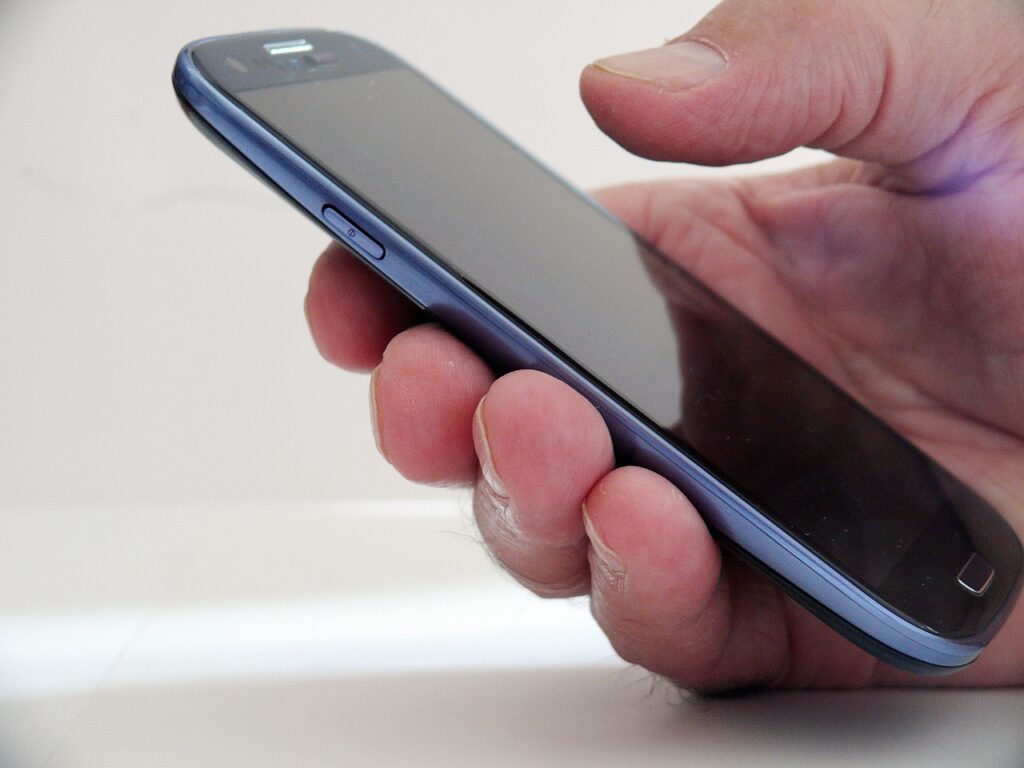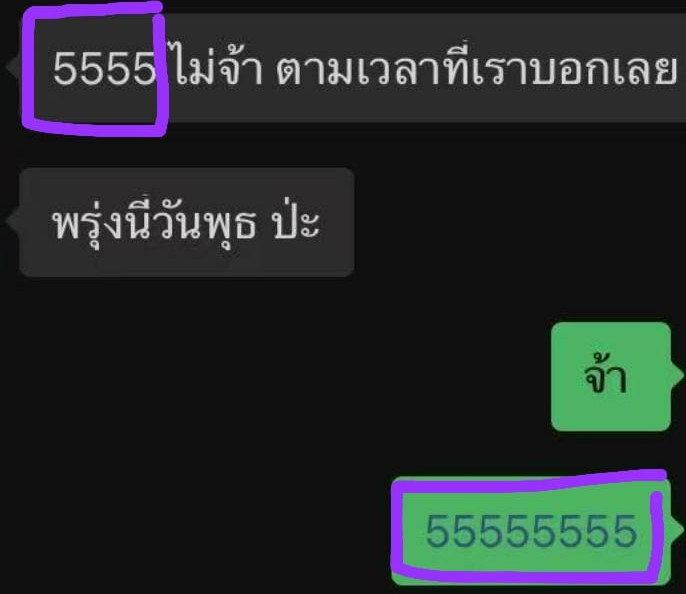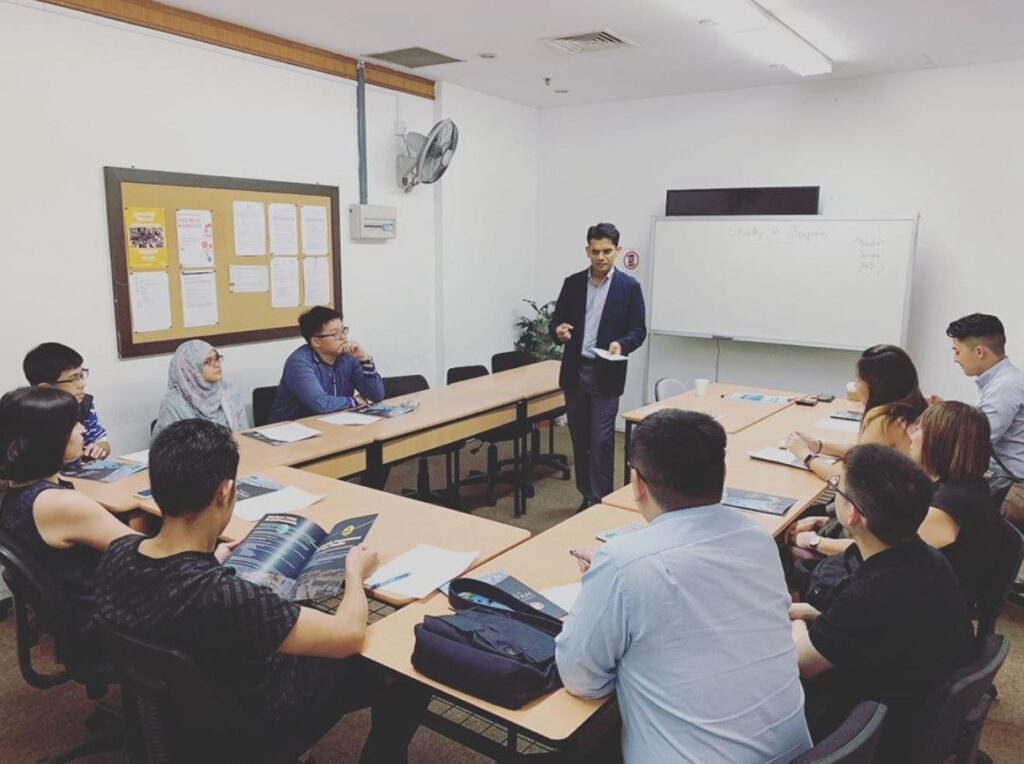Have you wondered why Thai people almost always end their sentences with “krub” for guys and “ka” for girls? What do “krub” and “ka” mean in Thai? This blog will explore when you should use “krub”, “ka” and other ending particles.
What is ‘krub’ and ‘ka’ in Thai?
- ‘krub’ / ครับ which is also spelt as ‘kup’, ‘krap’ is a polite ending particle for males. This is used for both questions and normal sentences. Usually pronounced same as the English word “cup”
- ‘ka’ which is also spelt as ‘kha’ is a polite ending particle for females. For normal sentences, it has a falling tone (written khâ /ค่ะ) and for questions, it has a high tone (written khá / คะ)
Do note that because of the difference in tone, ‘ka’ used in a question is written differently from ‘ka’ used in a statement. This is differentiated by the falling tone mark for low consonants.
Want to learn how to express “I” in Thai language? Check my post on The Many Different Ways to say I in Thai 🥰
Interested to learn the Thai Language? Here’s what you can explore!

Practice your Thai speaking skills and learn how to use Thai to express everyday small talk.

A serious Thai learner aiming to master Thai reading and writing? Start off by learning to text in Thai!

Go for regular Thai classes. Use your SkillsFuture credits to offset your Thai Language course fees!
How to use ‘krub’ / ‘ka’ in Thai Language?
The exact meaning of “krub” and “ka” cannot be translated in English. It is simply an ending particle used in 90% of your spoken Thai sentences to make them more polite. For example, if you need to apologise, you should always say “khor thoot ka/krub” (khor thoot = sorry). You will come across as rude if you simply say “khor thoot”. Similarly, it is highly recommended to use “khop khun ka/krub” when thanking someone instead of “khop khun”. A general rule of thumb is – it does not hurt to be more polite, especially if you are a foreigner in Thailand and are unfamiliar with the Thai language.
When I was in Thailand with only a beginner Thai foundation, I took my cue from how often the other Thai party is saying “ka/krub”. After about a week of speaking Thai daily, using “ka” became second nature to me 😉
In everyday speech, you can also use “ka/krub” as a substitute for “yes”. For example:
- [In a conversation between two females; please replace “ka” with “krub” for males]
- Female A: I can use this, right? // Chan chai nii, dai mai ká? // ฉันใช้นี่ได้ไหมคะ ?
- Female B: Yes // khâ //ค่ะ
Hence, always be careful when you are translating Thai to English. Make sure you get the full context and understand the meaning to be conveyed.
Other ending particles in Thai Language
Other than “na”, I strongly advise not to use the other ending particles if you are unsure. Always check with a Thai native or someone who knows the Thai language well enough before using new terms to avoid offending someone unwittingly.
| Thai Ending Particle | Usage |
|---|---|
na นะ | Very commonly used to soften your sentence and make it sound more friendly. “na” can be used for both formal and informal context. For example, you can say “khoop khun na ka” or “khop khun na” instead of “khoop khun ka” to express thanks. You can also say “chan ruk khun na” which is “I love you na” in Thai to sound more endearing. |
ja จะ | Used in a less formal context, when speaking to friends or someone younger than yourself |
wa วะ | Used in an informal context to express anger, annoyance and dislike. Read here to learn how “wa” can be used to scold in Thai |
si ซิtheur เถอะ | Both particles are used to emphasize something and can come across as ordering someone to do something. It should be used with people of the same or lower age/same or lower status. |
noy หน่อย | Used to soften the sentence / request. For example, you can say “lot noy dai mai” instead of “lot dai mai” when asking someone to lower the price, which will sound more polite and more pleasant to the listener. |
lor เหรอ | Used in the context of “really?”. Frequently paired with “Jing lor” which means “really?” |
rok หรอก | Used to soften negative sentences and can be used in the context of “contrary to the listener’s belief” |
krap phom ครับผม | Used by males of lower status when speaking to someone of a higher status. If you are unsure, just stick to “krap” |
Get help with learning to read, write and text in Thai today! 🥰
About the author – see the About page for more information
Joanne Tan is an aspiring polyglot and has so far mastered English, Chinese and Thai languages. She first started learning Thai in 2015 before staying in Bangkok for 5 months, and then continued studying Thai up to Advanced Levels at the National University of Singapore. In 2017, Joanne was awarded ‘Advanced Thai Proficiency’ by the Sirindhorn Thai Language Institute of Chulalongkorn University. Today, Joanne continues to teach her friends basic Thai speaking and helps her Thai friends actively promote Thai culture.
